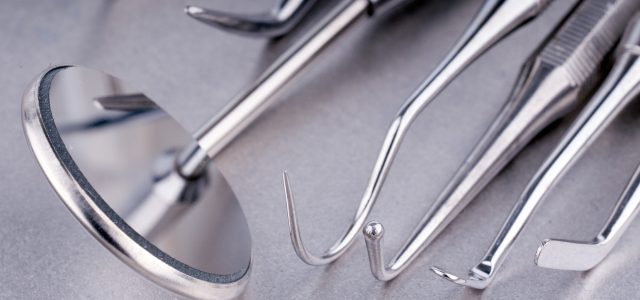
The Risks Of Cosmetic Dentistry
An unexpected side effect of the global pandemic has seen enquiries for cosmetic dentistry procedures skyrocket but with these types of procedures, there are often hidden risks, explains Jane Chadwick, medical negligence specialist at Farleys
In what has been dubbed the ‘Zoom-boom’, after people reported criticisms of their own appearance as a result of spending more time looking at themselves on video calls, the cosmetic dentistry industry is experiencing an increase in popularity as practices begin to reopen now restrictions are lifting.
Patients are seeking treatments ranging from minor procedures such as teeth-whitening and straightening through to more extensive treatments like veneers and crowns. Crowns have become popular with reality stars and influencers of late, leading the everyday person to follow suit, spending thousands of pounds in search of that Instagram-worthy smile.
However, some cosmetic dentistry procedures like crowns are highly invasive and irreversible which could leave you with a permanently damaged smile if the procedure is done incorrectly or you are not informed of the consequences and risks involved.
Thorough assessments need to be completed by a professional to advise on the correct treatment and to explain the process but some consultations are still taking place over video calls rather than in-person which brings a potentially higher risk of leading to sub-standard assessments and negligent treatment.
Due to a backlog of patients and enquiries caused by the pandemic, some people are seeking the services of less reputable dentists in a bid to fast-track their treatments so they can have their smiles transformed by the time the world fully reopens again.
If you are thinking of undertaking any cosmetic dentistry procedures, you should ensure you are dealing with a reputable dentist. Check whether they are registered with the General Dental Council which regulates the industry. Remember, the dentist must inform you of the benefits, risks, and any alternative treatments before proceeding.
If you have already experienced negligent treatment at the hands of a dentist, it is important you seek advice from a legal professional at the earliest opportunity. Under normal circumstances you need to make a dental negligence claim within three years from the point at which you became aware you may have received negligent treatment.
Farleys expert medical negligence team has extensive experience of dealing with claims of dental negligence.
To discuss your case with a specialist, please call 01254 368040, email: info@farleys.com or visit: farleys.com for more information

